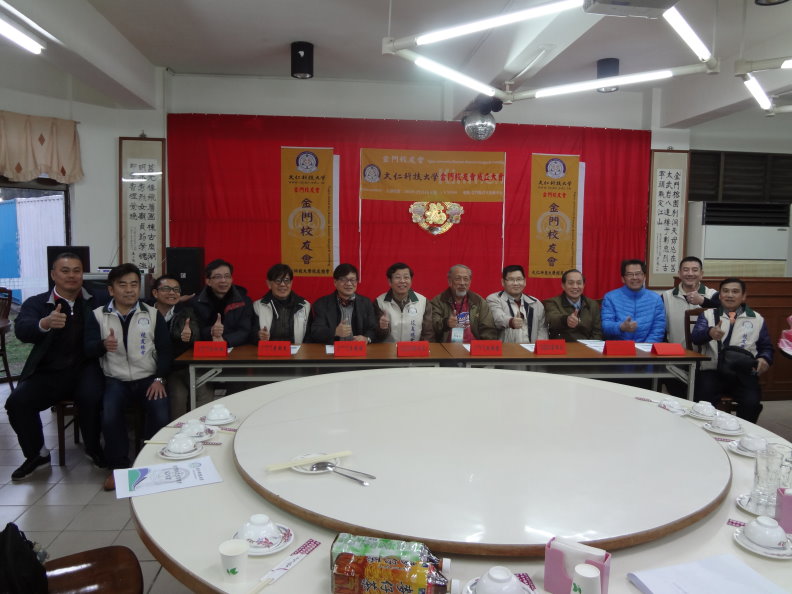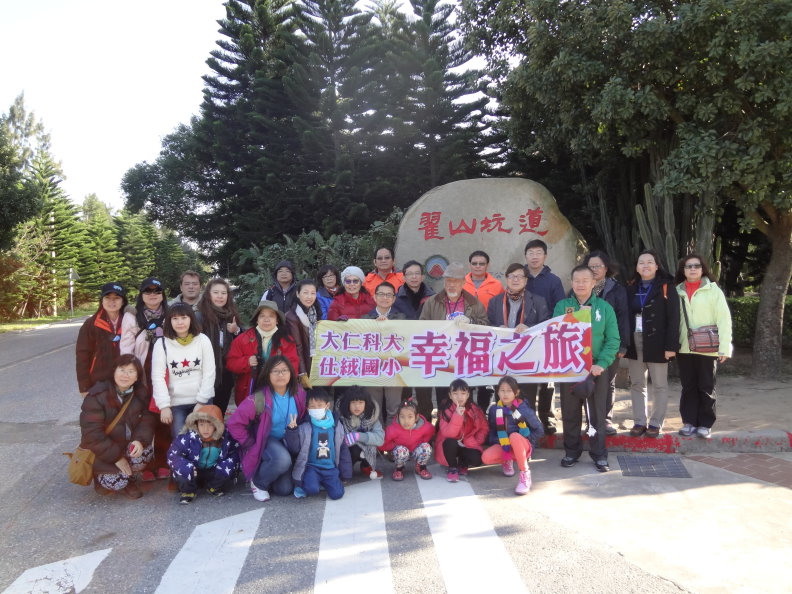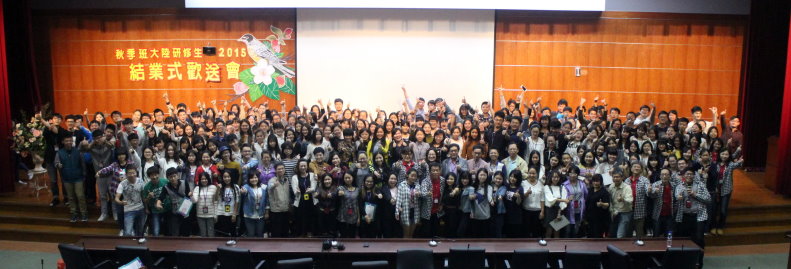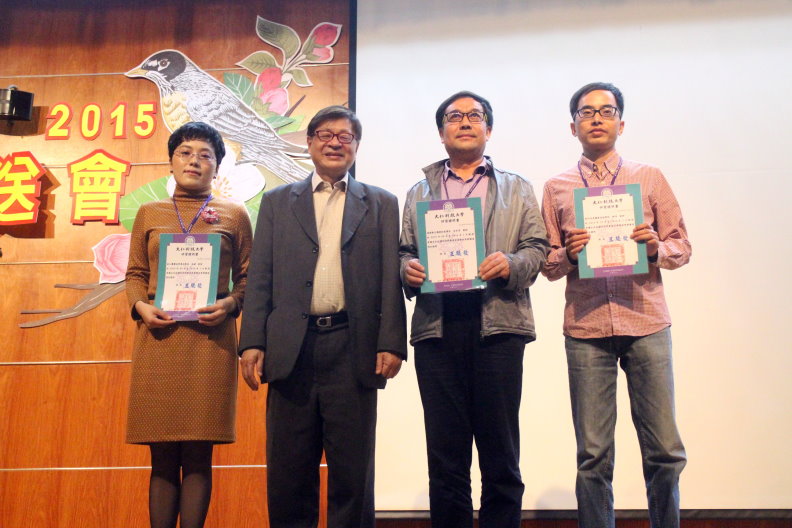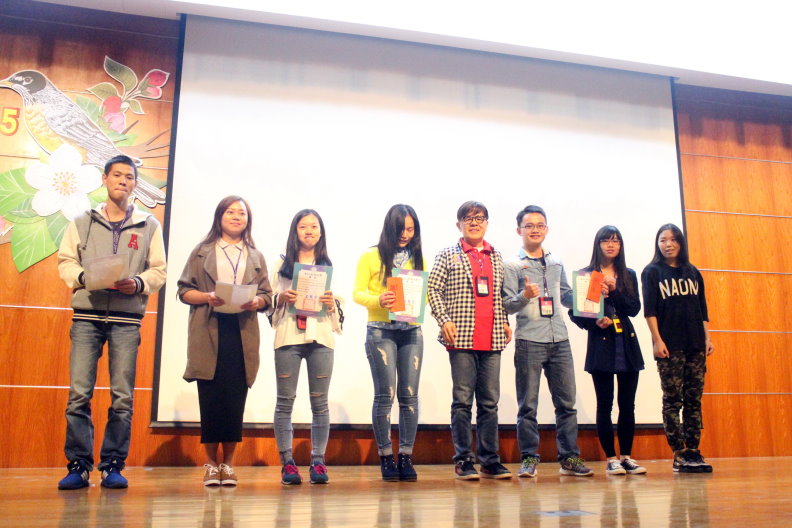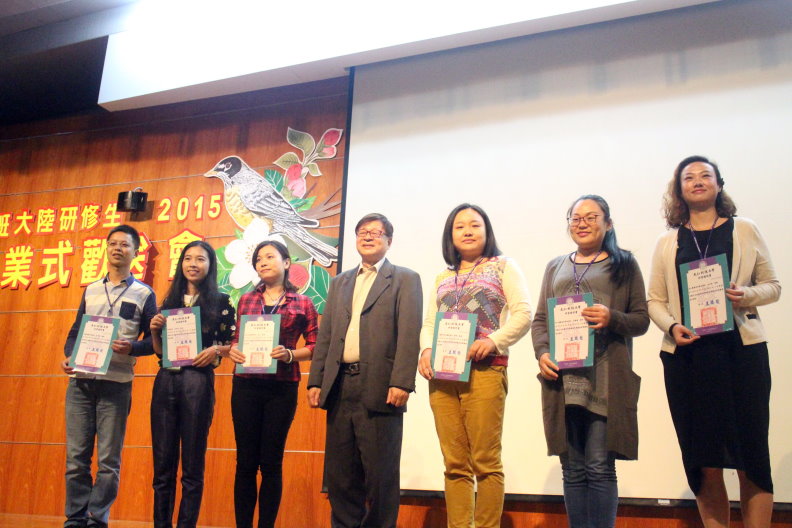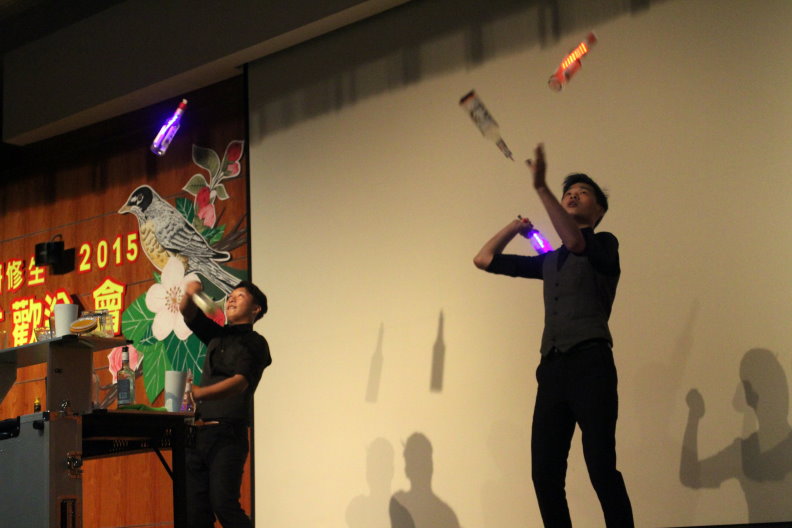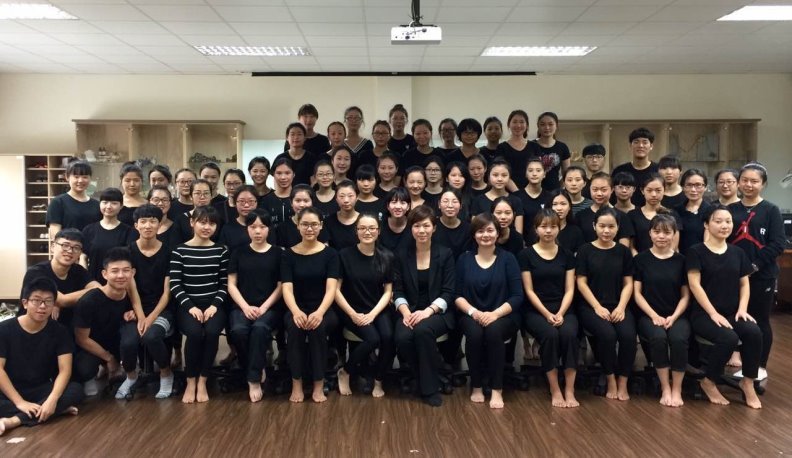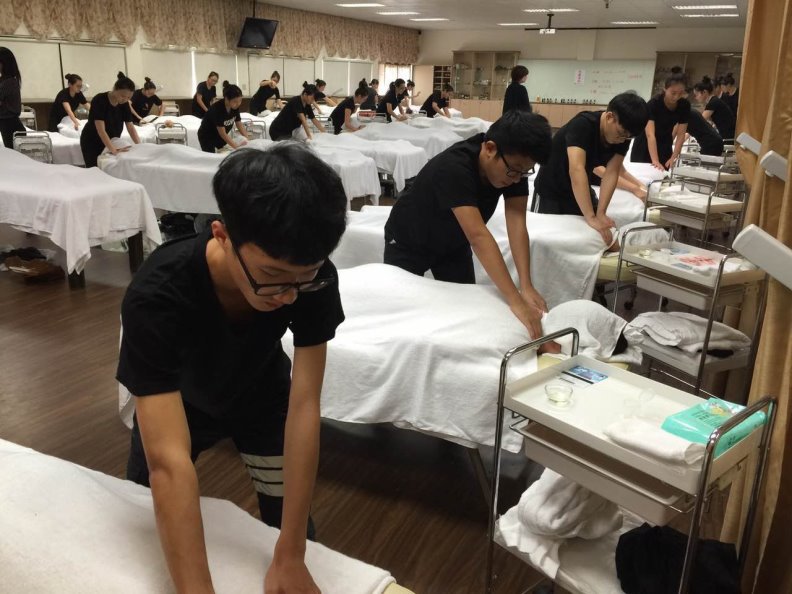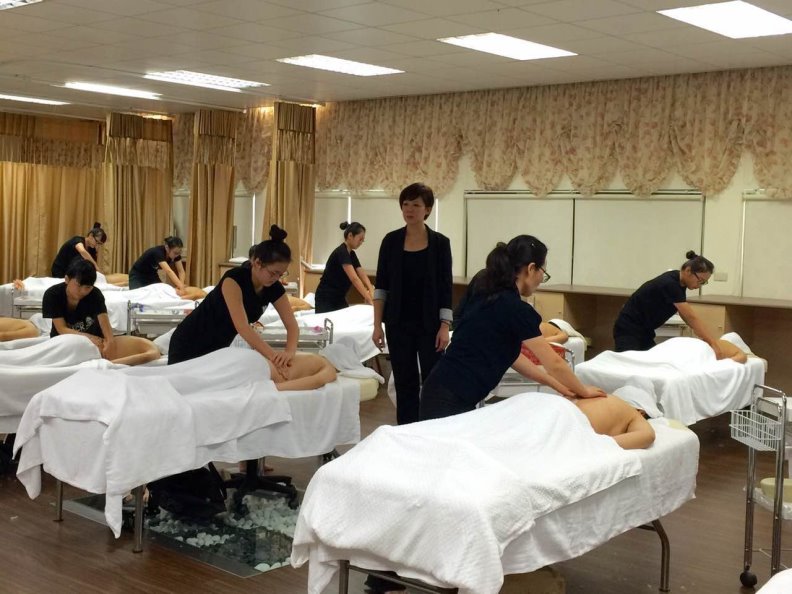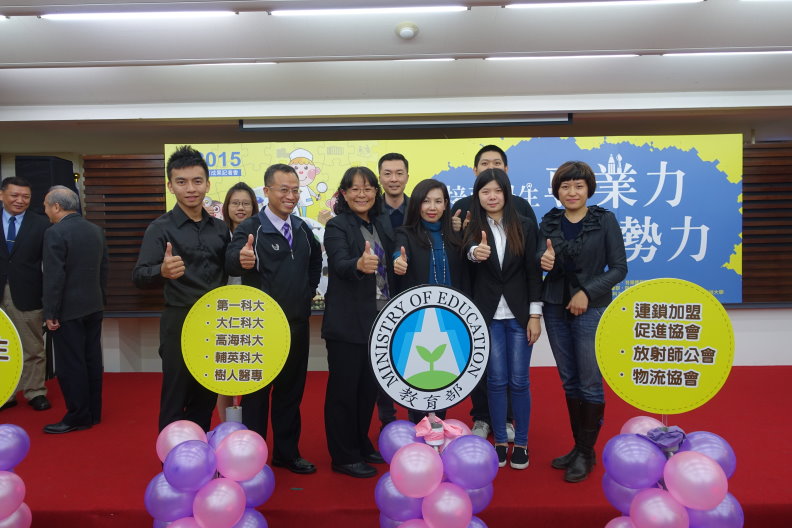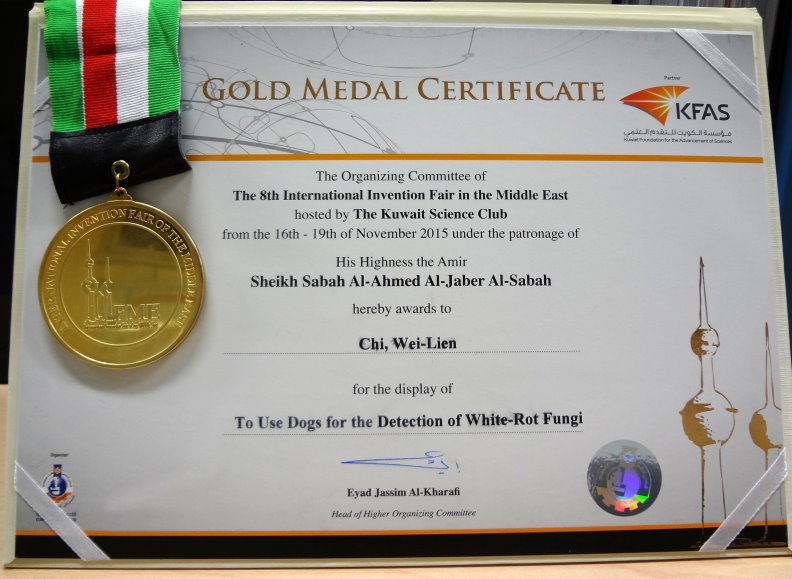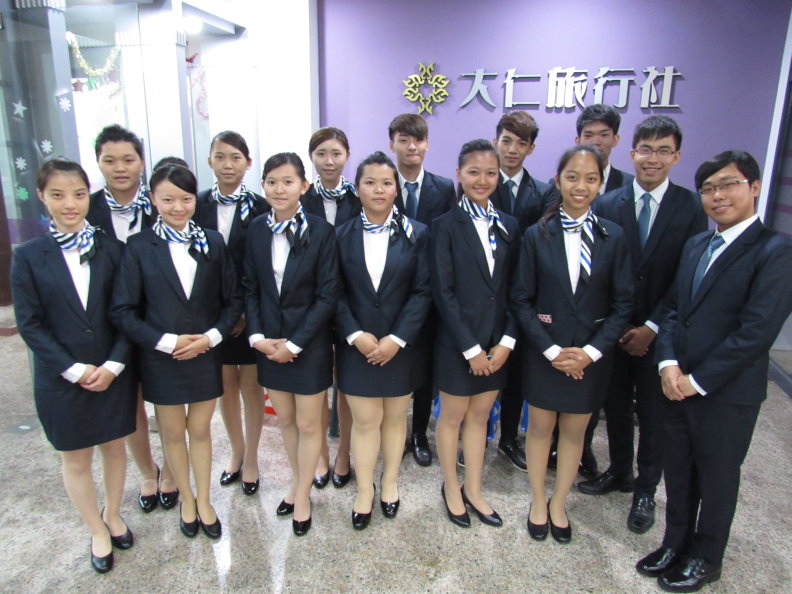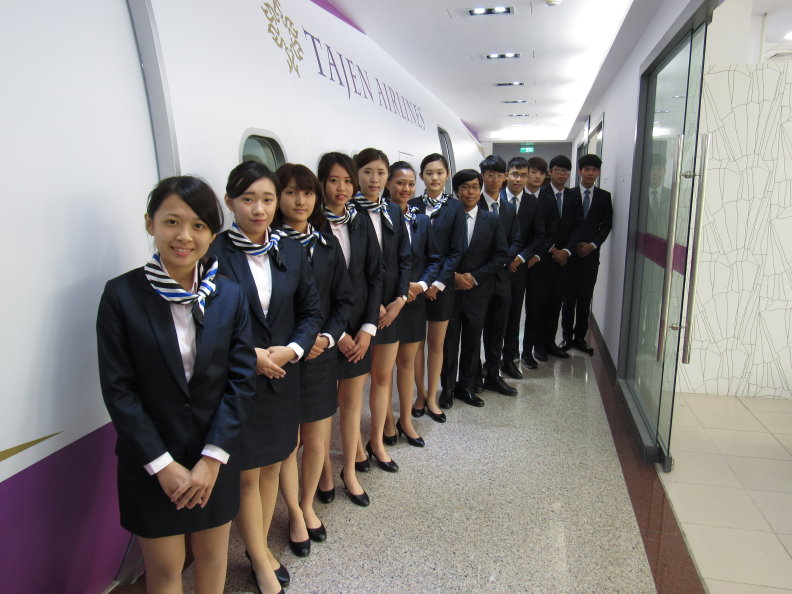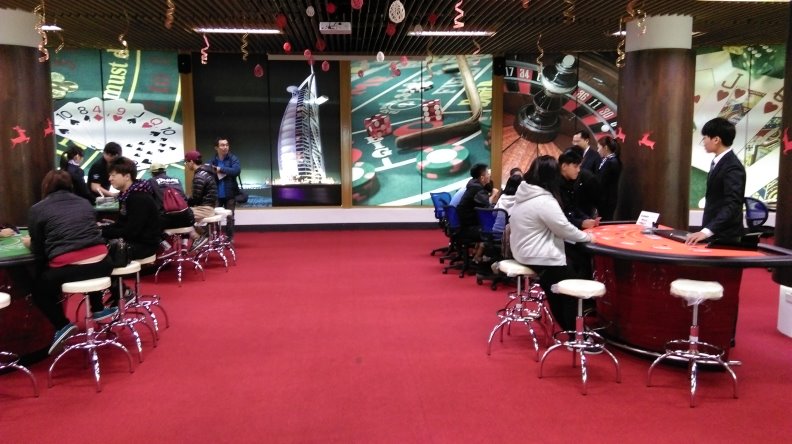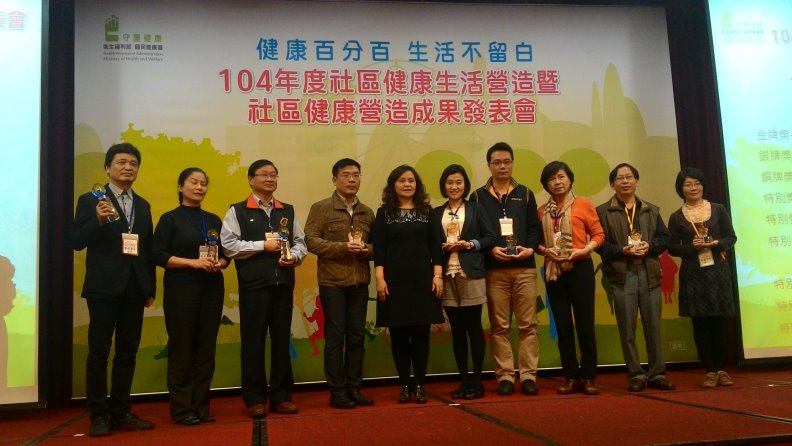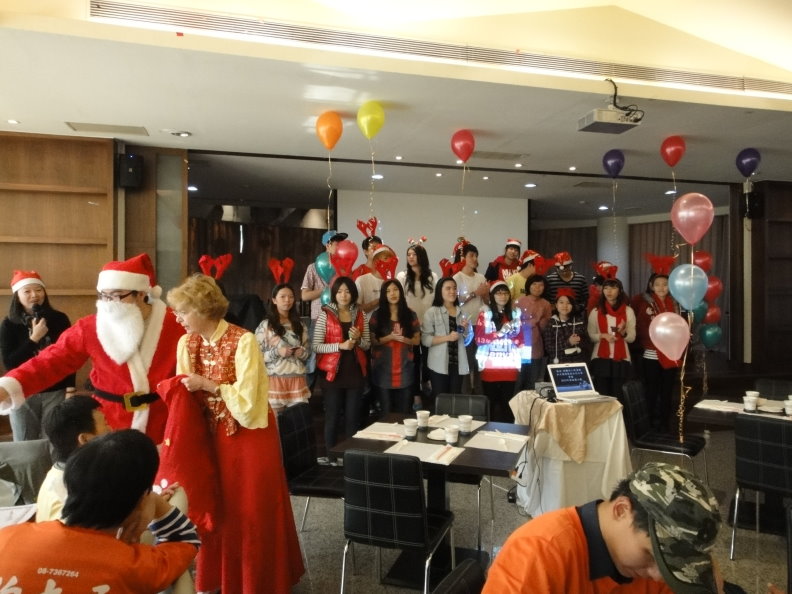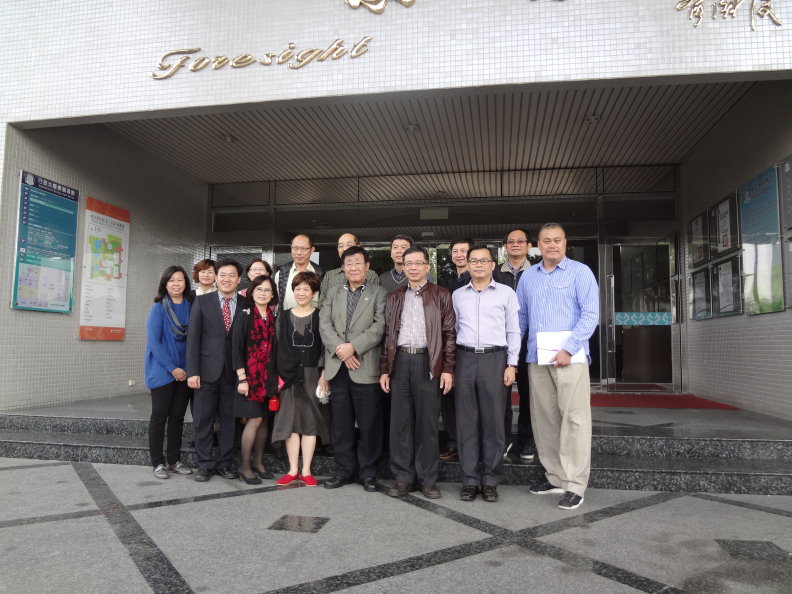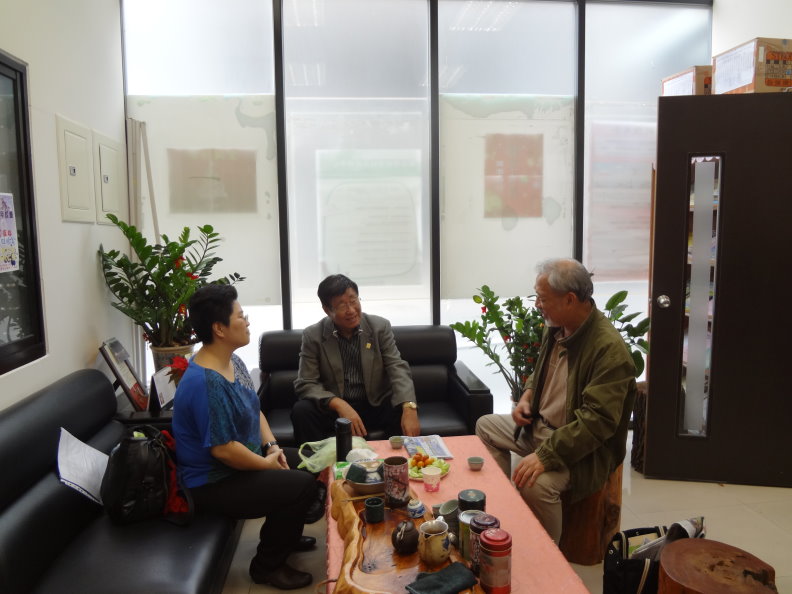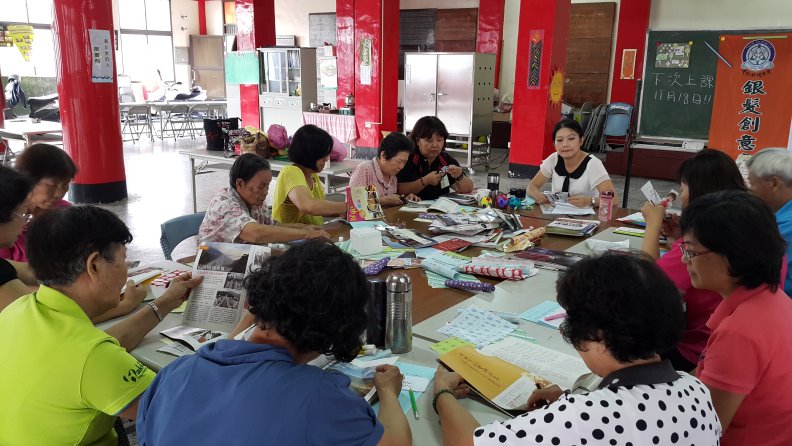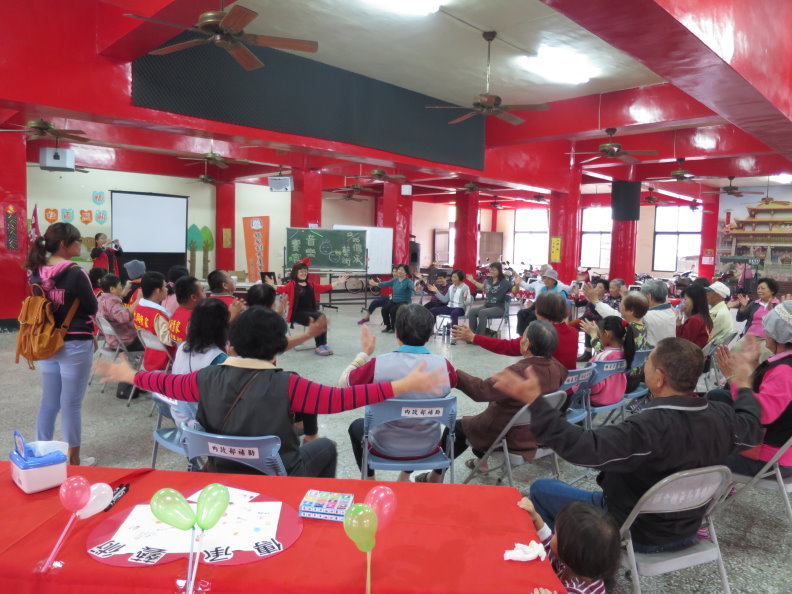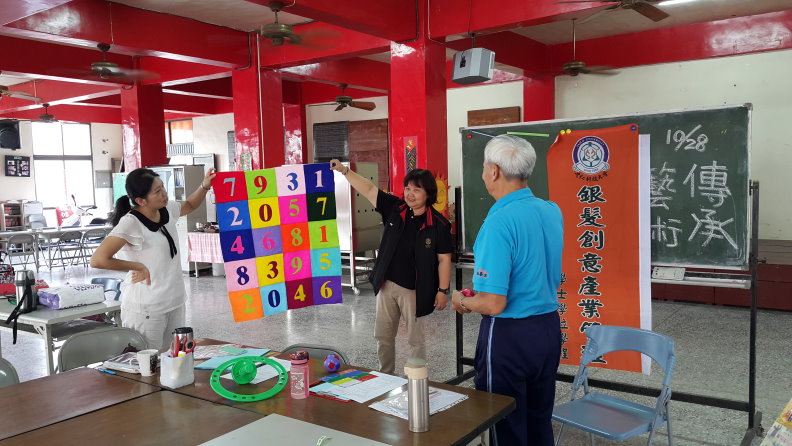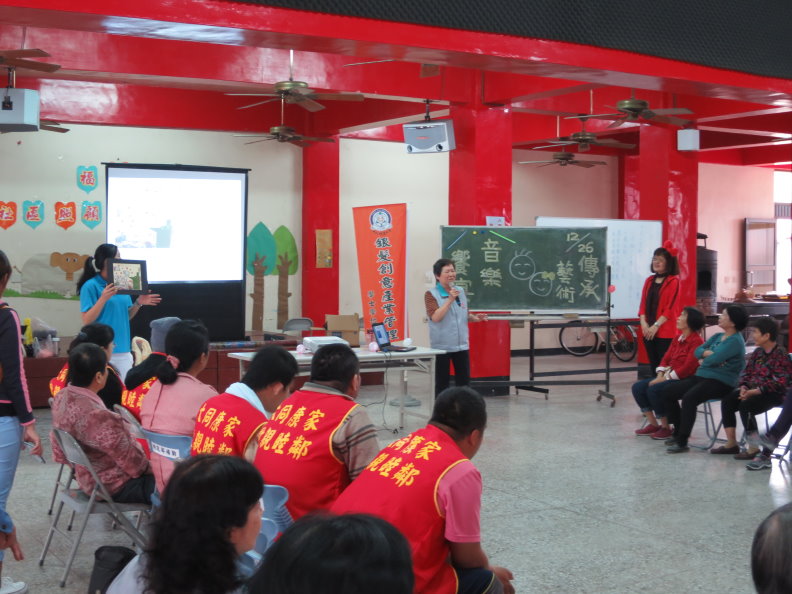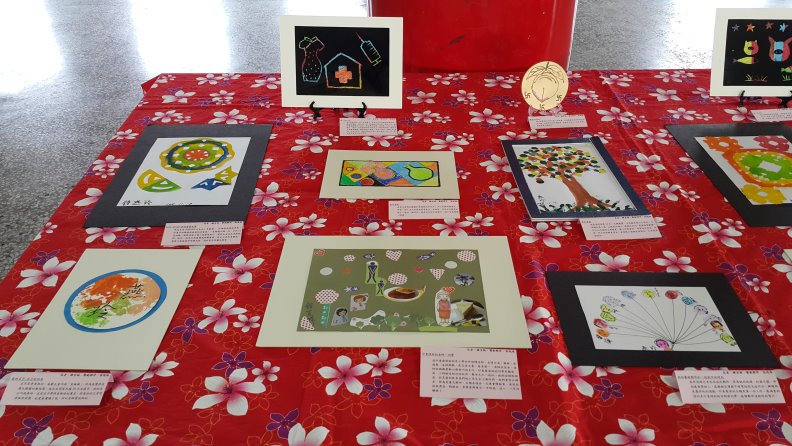撰稿:秘書室
校園中時常見到一位金髮外籍老師與學生聊天,過程中笑聲不斷,學生們自然地用英文溝通,一點也沒有羞澀、一點也不害怕開口說英文,這位和學生們談笑風生的老師就是應用外語系蘇貝蒂老師。
貝蒂老師因為喜歡到世界各地旅行,也喜歡教學,因緣際會下來到台灣、來到大仁科大教書。在台灣教書已有一段時間的她,聊到台灣學生和國外學生在學習上的差異,她認為基本上台灣學生的學習狀況和加拿大學生沒有太大差異,一個班級中一樣都會有積極參與和學習意願低落的學生,但她在大仁遇到的學生大部分在學習上都非常積極主動,平均而言,她認為台灣學生在學習上比北美地區學生更勤奮。但台灣學生有時過於害羞、不敢講,在外語學習上該如何突破?關於這一點,貝蒂老師很有心得地說,她以自己是外國人學中文的經驗體諒和理解學生們的心境和困難,很快地能觸動學生、鼓舞學生,在教學課堂上她會多讚美學生來增強他們的自信,學生說英文時不當下急著糾正用詞、語法的錯誤,讓學生了解這麼說英文也可以被接受、別人也可以聽懂,藉此讓他們有勇氣敢說、多說英文。
至於學好英文的〝撇步〞,貝蒂老師分享幾個實用方法,玩填字遊戲增強字彙能力、閱讀英文書籍,聽英文廣播、看英文電影、學英文歌、多找機會說英文,到英語系國家旅行,但最重要的是記住語言是用來溝通的,只要雙方能理解即達到溝通的效果,我們不需要要求自己像語言專家那麼專業或精準,學語言要抱持著更輕鬆和開放的心態。她分享自己的經驗說:不會講中文的自己和完全不會說英文的台灣朋友還是可以溝通的很好。
談到在台灣的生活與工作,貝蒂老師最愛的是台灣的人,他覺得台灣人的仁慈、愛心和慷慨讓她在台灣生活得很愉快,而大仁對於老師在多元教學上的尊重也讓她對教學工作充滿熱情與成就感,多元的教學方式讓她有機會針對不同的學生嘗試各種教學方法,並從其中找出最適合彼此又最具學習成效的方法,過程中讓她最自豪的是訓練學生跳脫框架思考的能力,大仁許多學生在課堂上的創意也令她印象深刻,帶給她很多美好的回憶。加拿大籍的貝蒂老師在台灣雖樂在生活與工作,但還是有些不適應或不認同的事,最令她受不了的是吃檳榔和隨地吐痰,還有太多橫衝直撞又吵人的摩托車,她也無法認同台灣煙火施放頻率已呈現氾濫,她認為煙火只是製造汙染又浪費錢。
透過跨文化的角度,我們看到學生的優異面、我們調整外語學習的心態、我們反思生活中習以為常的人事物,我們學習讚美、珍惜、改變、尊重……。
Betty Siren: Living Her Dream
Q1: Could you tell us what brought you to Taiwan to be a teacher?
A: Because I have always wanted to teach ever since I was in kindergarten.
I've always liked traveling so here I am, living on the other side of the world, and teaching at this fine university.
Q2: What do you like most about living in Taiwan? And what can you still not get accustomed to?
A: Some of the things that have held me here and continue to do so, are the kind, caring, generous people; the fact that here at Tajen, I’m encouraged to pursue different avenues of teaching to the benefit of the students; the respect everyone has for the family unit; my early morning mountain swims; and the fact that I’m living on an island, something I’ve always dreamed of doing.
A: What I will never get accustomed to?
1)The fireworks displays which are a needless, senseless, and a waste of money.
They only create noise and pollution.
2) Beetle nut chewing and spitting. It’s ugly, stinky, polluting, unhealthy; just nothing good to say about it!
3) Scooters: Far too many; they are noisy; polluting; and driven mostly by reckless, careless drivers.
Q3: How are Taiwanese students different from students in Canada in terms of motivation and learning habits?
A: I wouldn’t say that there is much difference.
In Canada most students are in class to learn and there are those who aren’t.
In Taiwan it's the same. Most of my students are motivated and eager to learn, but there are a few who can’t or won’t participate. On average, I would say that TW students are more industrious that N. American students.
Q4: Taiwanese students are usually shy. How do you encourage them and engage them in activities?
A: I’m rather empathetic, meaning I can easily put myself in their shoes.
I’m here in Taiwan, trying to understand this difficult language; so I know how difficult it is for them to understand and learn English. Of great help, is the professional management and staff at Tajen. They allow us to work with the students in ways that are beneficial to us all. My primary objective is to build up their self-esteem by praising even the smallest achievement. I don’t correct small errors and try to correct only after they’ve finished speaking. Once they realize that what they are saying is acceptable then they get brave enough to continue. Little by little they improve. I insist that they listen to me as well as to their classmates when they’re presenting.
Q5: Is there a student or class at Tajen University that is unforgettable to you?
A: All of my students are unforgettable, as they all leave me with good memories, maybe some more than others.
When interviewed I’ll elaborate on a few of them. I’ve had great success helping them “think outside the box”.
Q6: Do you have any suggestions for students to improve their oral expression in English?
A: Sure: Do crossword puzzles or similar things to increase their vocabulary;
Read their textbooks and listen to the accompanying CDs;
Practice their presentations orally; Seek out opportunities to use their English;
Once a week, have lunch with some classmates and speak only English;
Spend some time with native speakers of English such as myself.
Q7: Aside from learning English in a formal setting, are there any other ways for students to learn English and have fun at the same time?
A: Listen to English radio and TV; Read English books such as Harry Potter;
Learn and sing English songs; Watch movies in English with English subtitles;
Travel to English speaking countries if they can. Remember the purpose of any language is to communicate.
When both parties are willing, then communication happens. We don’t have to be expert speakers of the language. We simply have to try to understand what each of us is trying to say. We need to keep an open mind.
I can’t speak Chinese, but I communicate very well with my Taiwanese friends, who don’t speak English. That’s what makes me a good teacher, and I’ll explain this further in the radio interview.
|



